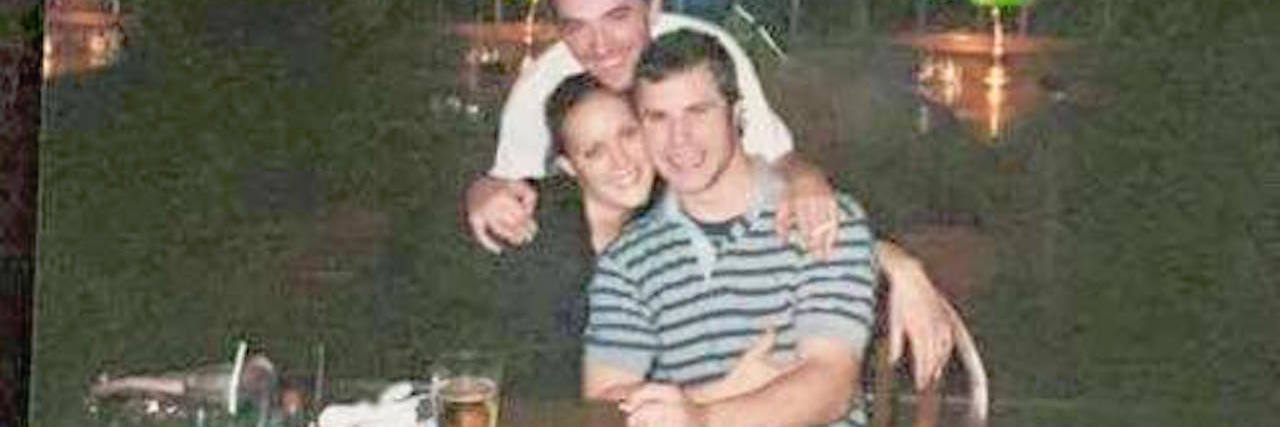I smoked a pack a day for nearly 10 years. A pack a day – that’s 20 cigarettes, nearly one for every hour of the day. My addiction was so strong that I would sometimes have my first and last cigarette of the day while in bed.
Why did I have that first smoke as a teenager? Maybe it’s because that really cute girl liked guys who smoke? Maybe the depression made me self-destructive?
At 26, I ended up in the hospital with dual bronchitis and a sinus infection. Even then, I still tried to smoke through the coughing fits. My body literally wouldn’t let me inhale. That’s the addictive power of nicotine that often defies all logic.
I stopped smoking for a few months that time, but I never fully addressed the underlying habits and addiction. The next time I was faced with a stressful situation, I lit up again. I hated myself for it and regretted every single cigarette I ever smoked.
What finally made the difference for me was, ironically, a very logical approach. I designed a foolproof strategy and recruited my support team. I had to meticulously plan and methodically modify nearly every part of my life: social circles, daily routine, eating habits and thought patterns. I notified every single person in my life that I was quitting and built a complex “replace and reward” system in an attempt to cover every inevitable situation. This was my biggest human experiment to-date. Here’s the plan I put together:
- Pick a meaningful quit date and put it on the calendar
- Setup “reward account” to deposit money saved
- Inform any potentially affected party (family, friends, co-workers, etc.)
- Find a support group (I found several online and in-person)
- Join an organized sports club (flag football, baby!)
- Request antidepressant to help with smoking cessation
- Try the patch and gum (ultimately gum worked better for me)
- Stock up on Australian Chewing Sticks (they’re the best!)
- Stock up on gum, hard candy, etc.
- Throw out all smoking paraphernalia (sorry, Joe Camel)
- Weed out unsupportive friends/acquaintances
- Get the car detailed so it gets a fresh start, too
- Have an “emergency list” of people to call just in case
- Make lots of plans that don’t involve trigger activities, i.e. drinking
- Publicly announce benchmark dates (one week, two weeks, one month, etc.)
- Build in mini-rewards for each benchmark (new shirt, dinner, movie, etc.)
- Measure fitness gains through endurance, lung capacity, etc.
- Plan amazing trip with money saved after 1 year (I went kayaking in Costa Rica!)
The more in-depth the plan, the greater the chances I had for success. I tried to think of every trigger or moment of weakness that I might encounter along the way. The process was costly (not just monetarily), time consuming and agonizing. I had several false starts and it was incredibly difficult – it is also one of the most rewarding things I’ve ever done.
It’s been 10 years since I quit and I’ve never regretted a single day of not smoking.
According to most accounts, I once again have a similar disease risk level as non-smokers. I’ve saved over $20,000 in the cost of cigarettes alone. That’s not to mention the untold amount I’ve saved on future healthcare expenses.
If you’re struggling with smoking and want to quit, here’s the best piece of advice I can offer: Instead of continuing to identify yourself as a smoker, begin to view yourself as separate from your addiction. It may be part of most every aspect of your life now, but it does not have to define who you are.
You can be a non-smoker again. I say again because you didn’t always smoke, right? The essence of who you are is not a smoker.
We want to hear your story. Become a Mighty contributor here.
Lead image via contributor

